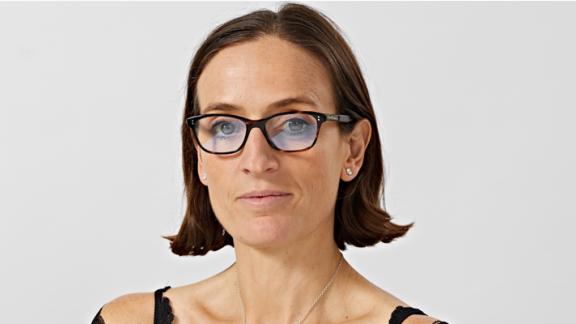ICSs must seize the research opportunity

While integrated care systems (ICSs) tackle the substantial challenges of this coming winter, Alex Eavis urges leaders not to neglect something that may be lower down priority lists but holds huge long-term promise: clinical research.
Facilitating clinical research is already a statutory duty for ICSs and a requirement for annual reporting.
A new policy statement from the Royal College of Physicians and the National Institute for Health and Care Research explains why it is so vital, even while so many other pressures command attention:
“Clinical research is essential to improving care and outcomes for patients…. Together …[we] must spread the benefits of research equally across the UK, improving access and outcomes for underserved communities and helping to reduce health inequalities.” Making Research Everybody’s Business, RCP NIHR.
This new guidance reflects the strategic importance being placed on research across the NHS, as health organisations and governments seek to build on the advances made during the pandemic.
In England, investment is being seen both at a national level, with trusted research environments, and at a more local, place-based level with a group of sub-national secure data environments. Strict accreditation will ensure all reach core standards.
Primary care is well placed for research
Primary care is well placed to further clinical research, delivering around one million contact points with patients daily. GPs have an unparalleled understanding of how people are living with complex conditions and first-hand experience of the impact of health inequalities on communities.
The sector has already made a strong contribution to clinical research. For example, powering the hugely successful PANORAMIC study, the world’s largest study of community based treatments for acute COVID-19. Run through 65 GP sites, the trial recruited more than 26,000 UK volunteers and enabled the use of new antiviral treatments to reduce hospital admissions.
But there are practical challenges to overcome. Currently, less than half of GP practices are actively engaged in clinical research. There is no single reason for this, but a major contributing factor is workforce contention with poor research infrastructure making it simply too time-consuming to prioritise in busy practices.
How can ICSs meet their research commitments?
But how can ICSs help the NHS to embed research into clinical practice?
Encouraging more GP practices to become research sites would embed skills and knowledge more widely across the workforce
Firstly, making it easier to recruit patients is vital. Poor recruitment levels were a key factor in the one-third decline in UK-hosted commercial clinical trials between 2017 and 2020. New digital platforms are now available that close the loop between GP practices and research partners, surfacing cohorts of potentially eligible patients by analysis of the electronic patient record and enabling automated invitations to be sent out. As well as making recruitment quicker, this can also reduce recruitment bias.
Encouraging more GP practices to become research sites would embed skills and knowledge more widely across the workforce. This could be done using a centralised recruitment or ‘hub and spoke’ model, whereby groups of GP practices band together at a PCN or place-based level, to support or even run clinical trials themselves.
There is also an opportunity to promote the value and reward of research work to GPs interested in a portfolio career. GPs are highly trained professionals with a wide skillset that can be leveraged far beyond the care of individual patients.
Finally, simplifying the information governance landscape would make it easier to integrate data across care providers so that patients can be identified in different settings. And we need data-sharing arrangements that allow research leads at a place level to access the relevant data to identify patients and safely onboard them into a study, while protecting their data privacy and respecting opt outs.
Addressing local need and health inequalities
In terms of what difference this could make, for ICSs the prize is surely the opportunity to link the outcomes of research to the needs of their local populations.
Using the new platforms and technologies available to support them, they can not only participate in research more easily but also benefit from the findings.
By uncovering more information about the depth and complexity of local health inequalities – and new ways to meet those needs through novel interventions or care pathway changes – a virtuous circle can be created that benefits patients, practitioners and researchers alike.
Acting now to invest more time in clinical research is like a lever that magnifies force. It’s an exponentially exciting prospect.
Are you ready to seize the opportunity?
Alex Eavis is director of digital, data and analytics at EMIS. Follow Alex on Twitter @AlexandraEavis and the organisation @EMISGroup.



